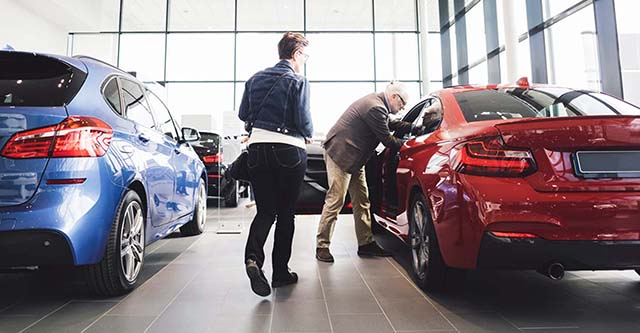South Africa’s new vehicle market showed signs of stabilising in February, with overall vehicle sales having declined by 0.7 percent compared to the same month in 2019, according to Naamsa.
A total of 43 485 vehicles were sold in February, representing a year-on-year decline of 320 units, but the passenger car market actually showed some positive growth, gaining 7.6 percent versus the same month last year, while commercial vehicle sales declined by a worrying 17.7 percent. Thankfully it wasn’t all doom and gloom on the commercial front, with the medium and heavy vehicle markets (often a harbinger of economic activity) growing by 3,8% and 3,7% respectively.
However, South African vehicle exports were down by 8.4 percent year-on-year, although Naamsa expects this situation to improve during the course of 2020.
Meanwhile, the sluggish domestic car market continues to reflect South Africa’s deteriorating economic outlook, Naamsa said. While the relief for individual tax-payers that was announced at the 2020 Budget Speech is a positive step, the CO2 emissions tax increase and the lowering of the threshold on passenger cars, as well as the increase in tax on double-cab bakkies, is bad news as these tax hikes will lead to price increases.
However, SA’s overall economic condition is not going to do the market any favours this year, WesBank’s communications head Lebogang Gaoaketse said:
“While consumers were shown some relief in the budget in income tax terms, increases in toll fees and fuel levies will continue driving the total cost of ownership up, forcing consumers to be increasingly vigilant about their discretionary spend.
“Simply put: if there is an opportunity for consumers to defer vehicle purchases, we expect them to do so,” Gaoaketse added.
On the sales reporting front, it is unfortunate to note that BMW South Africa and Mercedes-Benz SA have announced that they will only be releasing sales information on a quarterly basis, in line with global directives. Naamsa, however, has provided estimates for the two brands in order to give South Africans a more accurate picture of how the market is performing.
Taking a glance at the sales charts, Toyota’s Hilux took top spot with 2895 sales in February, followed by Volkswagen’s Polo Vivo (2417) and Polo (2120).
– IOL Motoring
Stay informed with The Namibian – your source for credible journalism. Get in-depth reporting and opinions for
only N$85 a month. Invest in journalism, invest in democracy –
Subscribe Now!










